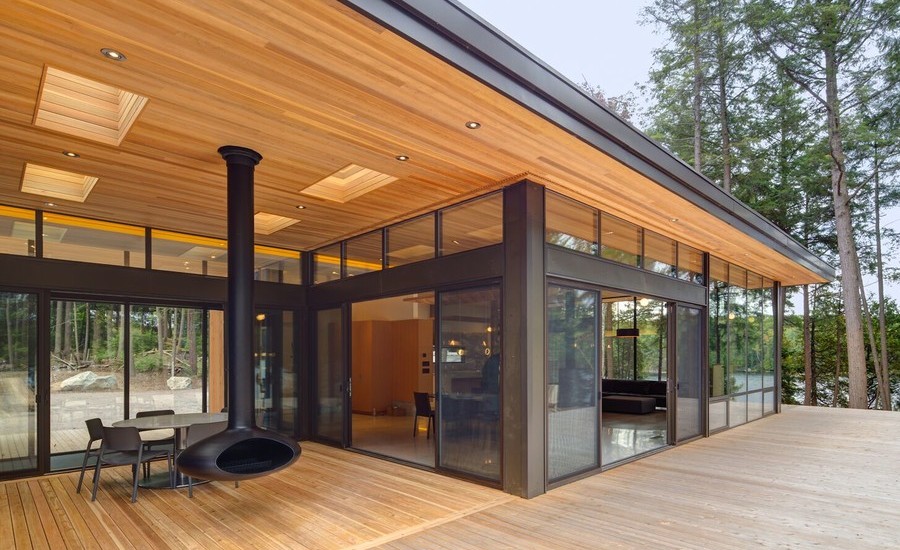There are multiple reasons to buy an automatic gate closer.
You may want added security to your home, and want the peace of mind that the gate will close automatically.
Perhaps you want the aesthetic of your home to be “just so”, but to create that image the door needs to always be closed when not in use.
Or maybe if you accidentally keep the gate open, you annoy the neighbors who can’t leave their gate.
No matter the reason why we will help you understand what an automatic gate closer does and the different types you can purchase.
What Is An Automatic Gate Closer?
As the name suggests this item allows your gate to close automatically. It’s a mechanical system that uses gravity, springs, and motors to control your gates based on the instructions you have given.
Depending on the specifications you have, these instructions may consist of remote controls, sensors, or a simple weight system which means it always closes when it isn’t being held.
The Difference Between Automatics
The difference between an automatic gate closer, automatic gate opener, and an automatic gate is the main function it’s used for.
Closers often need to be pushed first before they can close. Imagine a farm that allows walkers to travel through the lands. If the gates were open when the walker finds them, then they need to keep them open. However, if the gate was closed, it should be returned to closed when the walkers are through the gates. This is so the cattle stay in the right areas.
If a farmer was concerned that walkers weren’t closing their gates, they might install an automatic gate closer to force the gates shut after use.
Openers have the opposite effect and are rather rare. Their job is to simply open. Imagine a shop that needs to open at exactly 9 am, but the shop assistants begin at 8:30 am. To make sure the shop opens on time, the owner might install a door opener, so the assistant can carry on with their morning chores without worrying about letting the customers in.
Automatic gates which aren’t defined by closing and opening aren’t as common as closers but are more common than openers. Their job is to automatically open and close the gate.
They often use sensors to see when the gate needs to be opened, and then use the same soft pull system that allows it to close.
How Different Types Work
The gate closer you want will use a different mechanism than the others on the market. To make sure don’t purchase the wrong one, we will break down the terminology often used to describe them
Hydraulic Rams
Gate closers with hydraulic rams are very simple. They have two rods one attached to the gate and the other attached to the pole which holds the gate up. You screw both in, but depending on if you want the door to stay open or remain closed, you need to apply the rods in the right order. This should be labeled on the packaging.
For a closer, the spring mechanism will always want to go back into the reclined position, which means it will gently pull the gate closed to get back to that natural spring length. They aren’t hard to push open either, but a child or elderly person might consider the spring a hefty weight.
Threaded Shaft Gate Motors
These machines work best when the gate is near the home. When you’re in your home, you press a button and an electric motor will begin to move the gate open. The thread is protected by the shafted casing, as it moves it stays in the shaft casing so cannot be disturbed by outside forces.
Once fully taut, these mechanics will hold still for a set amount of seconds, and then start to release. This creates a simple opening and closing method.
If the motor is close to your home, then the time between pressing the button and getting through the gate won’t seem like an adventure-style rush.
Articulated Arm Motors
These closers are often used on large gates that have big pillars. The motor pulls and pushes the arms which are attached to the gate. They have hinges on them that allow the arms to move in a round movement creating a seamless pulley system.
Summary
Automatic gate closers are great for people who want their gates to close automatically, keeping them out of the way of their neighbors. They are easy to install and simple to understand.



















